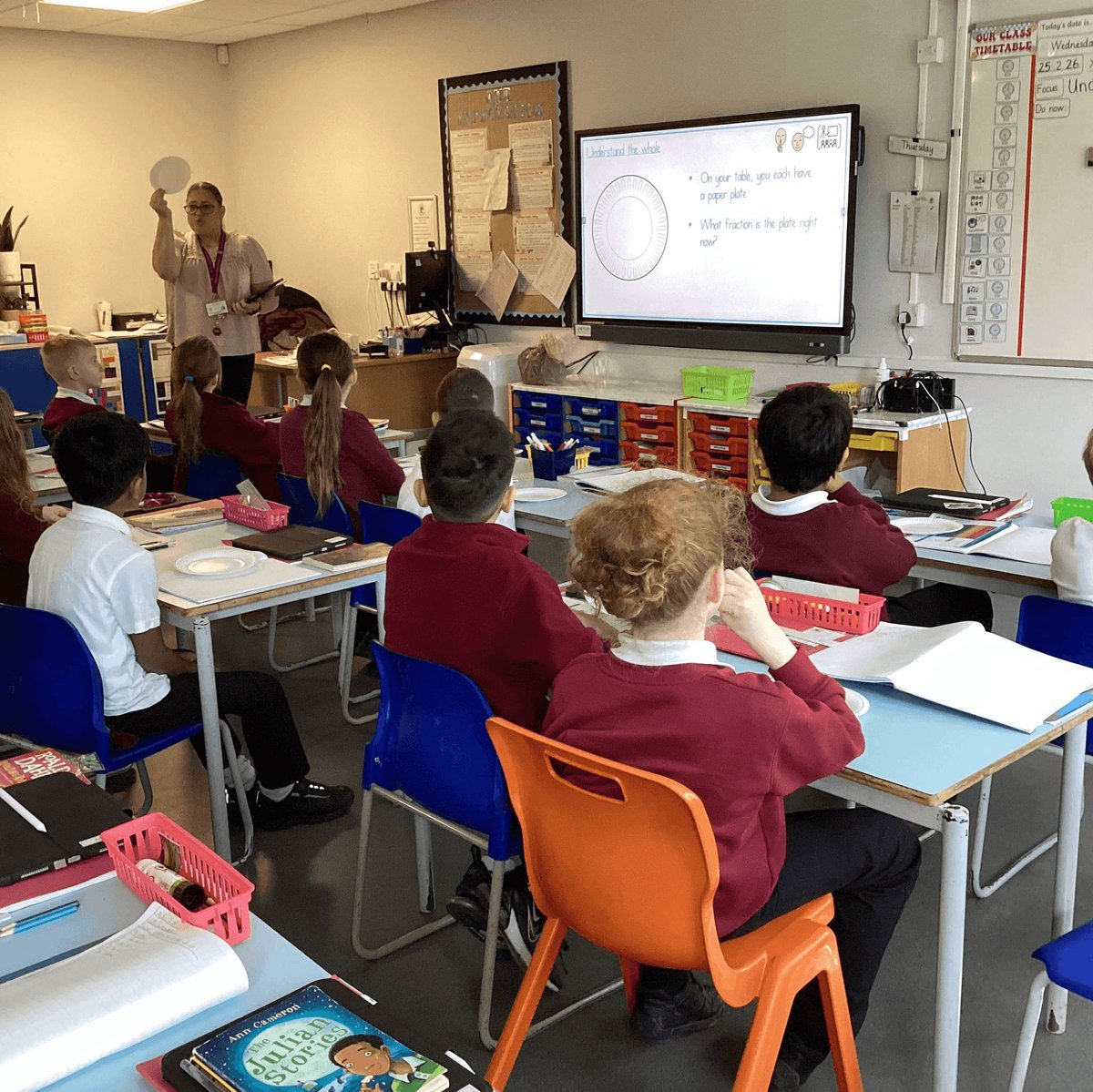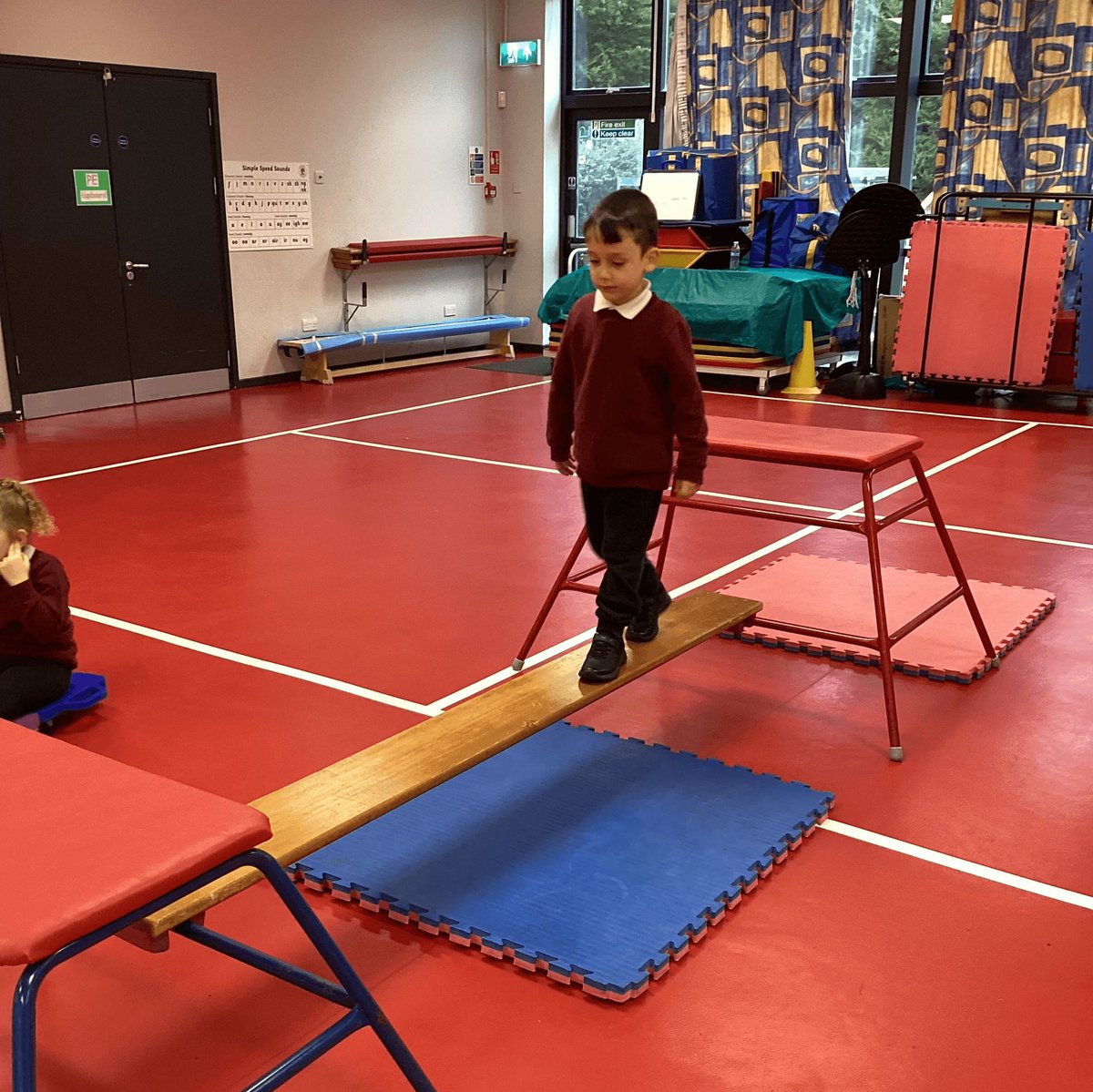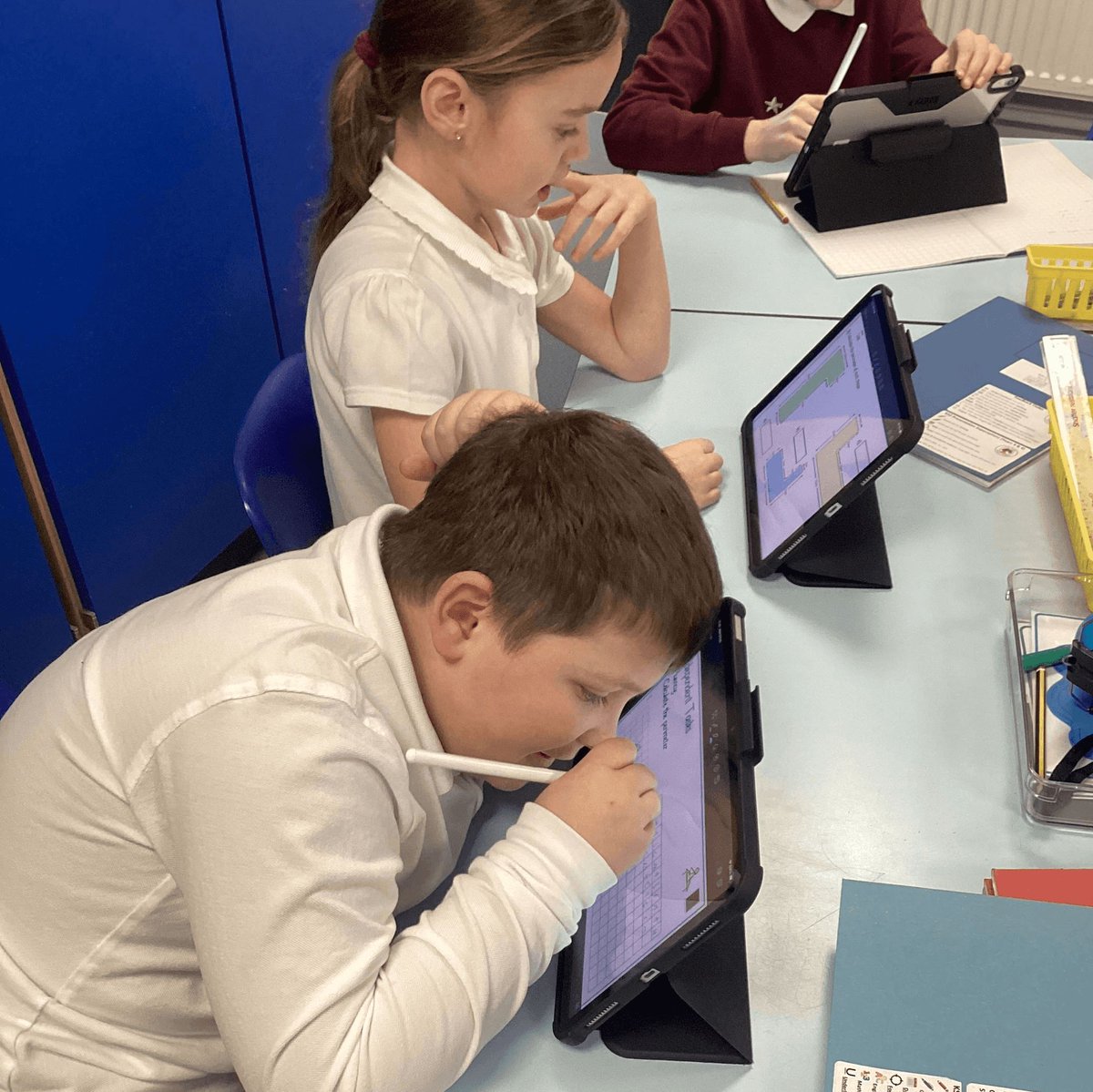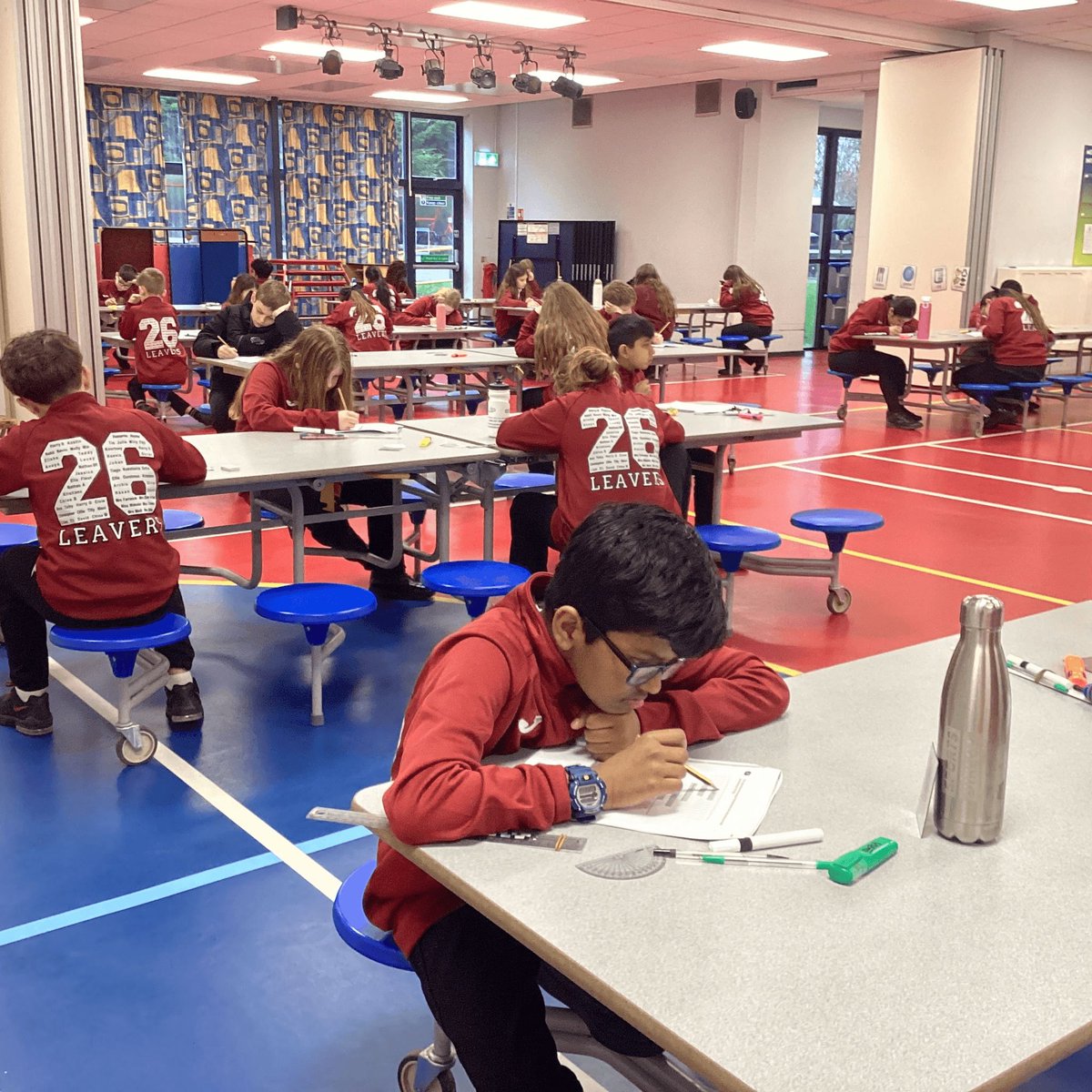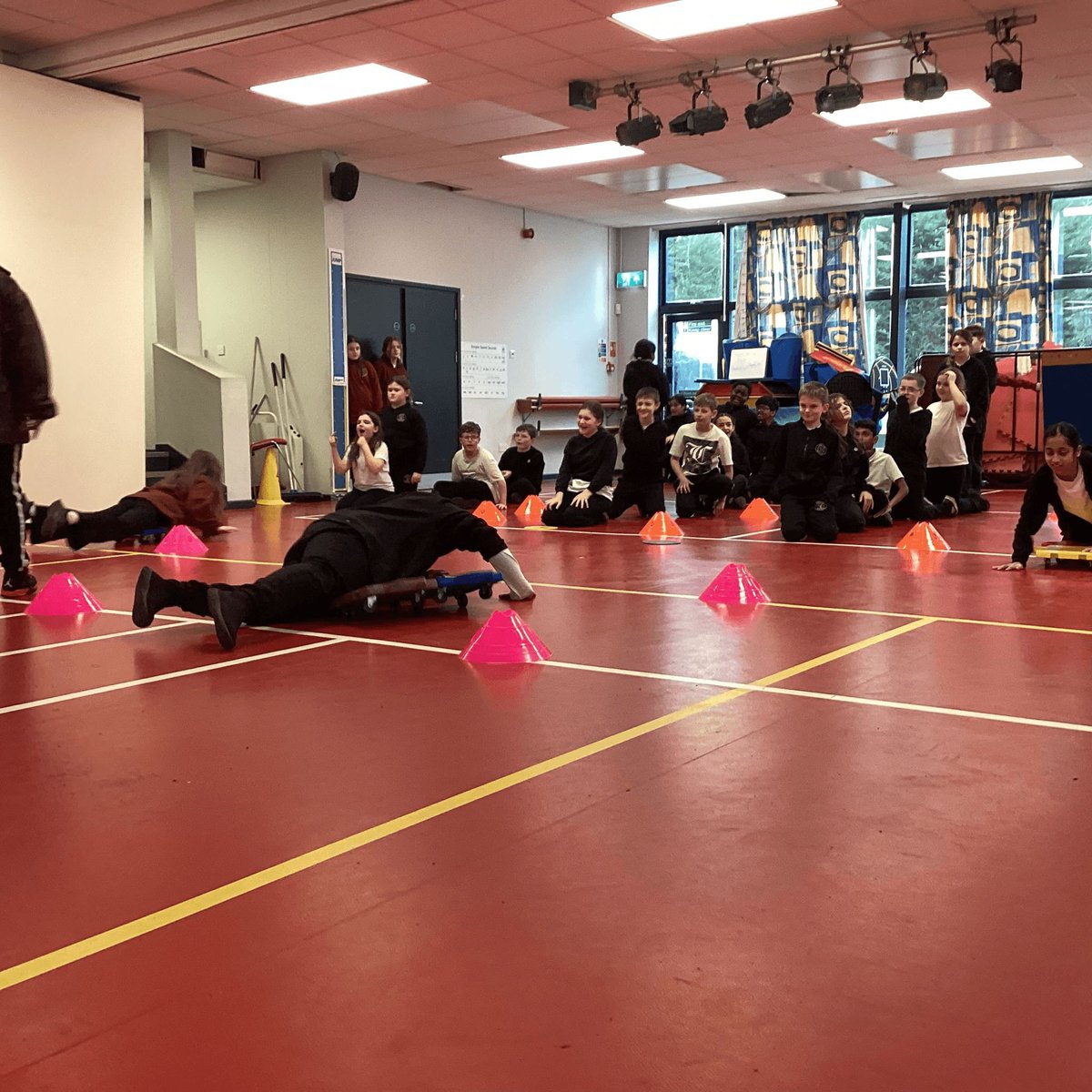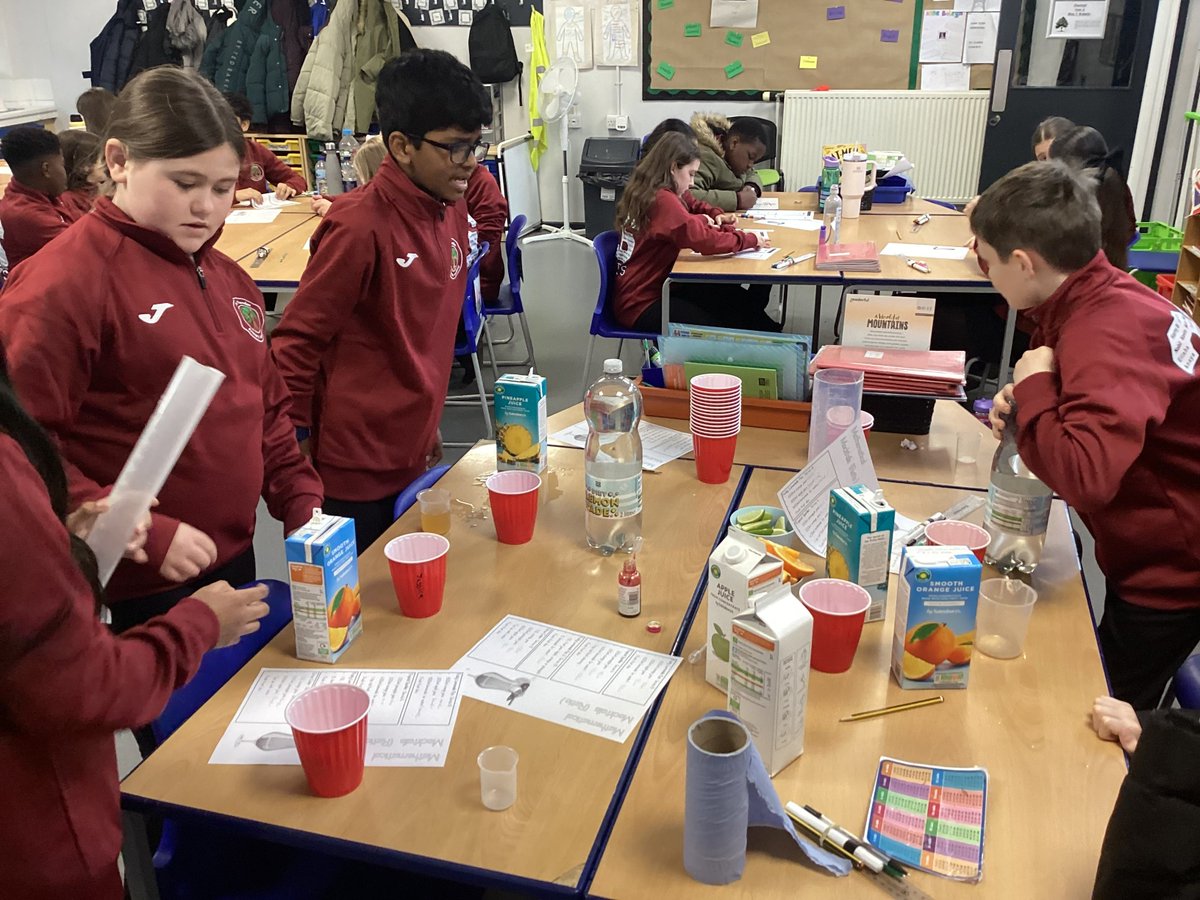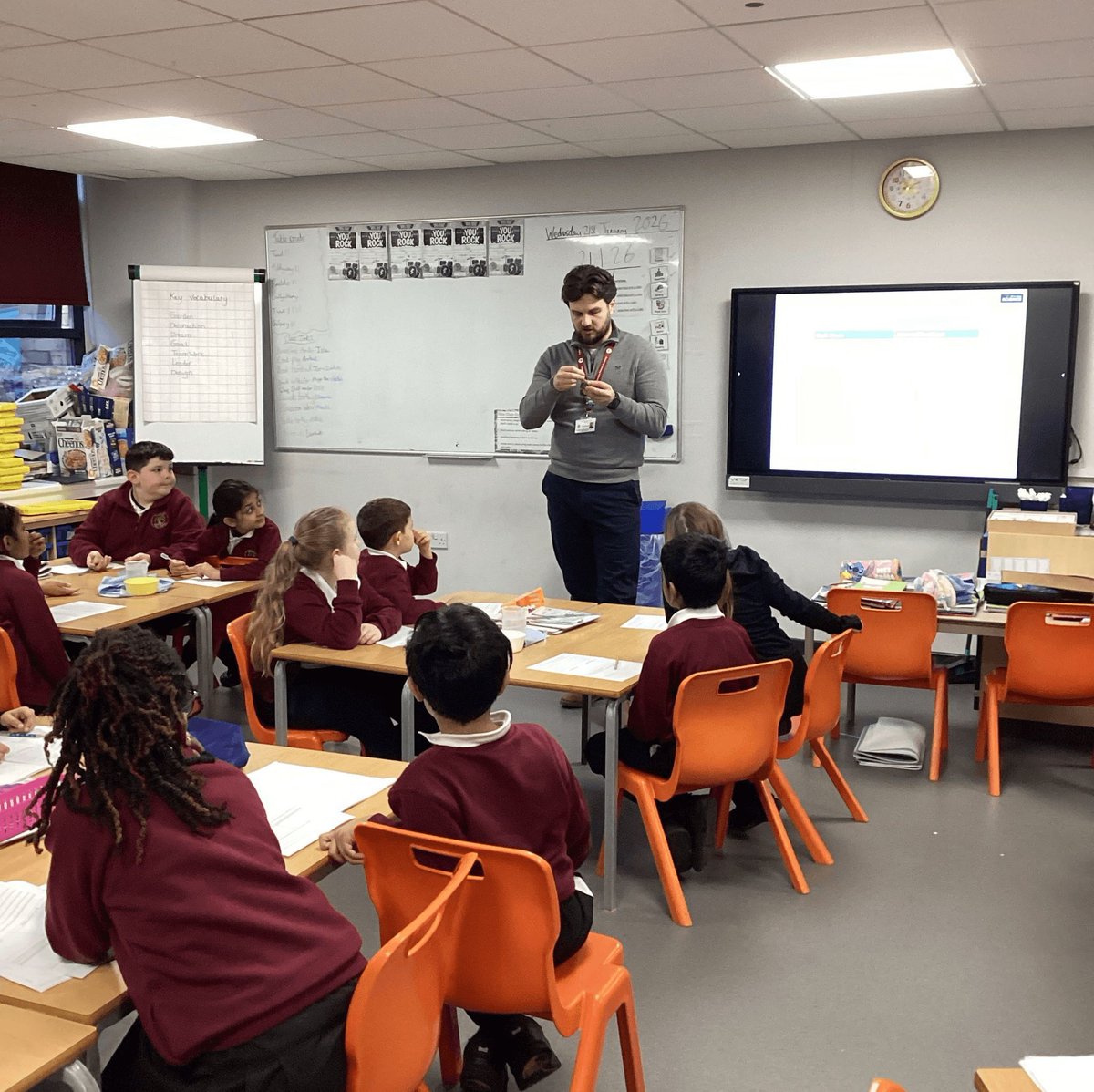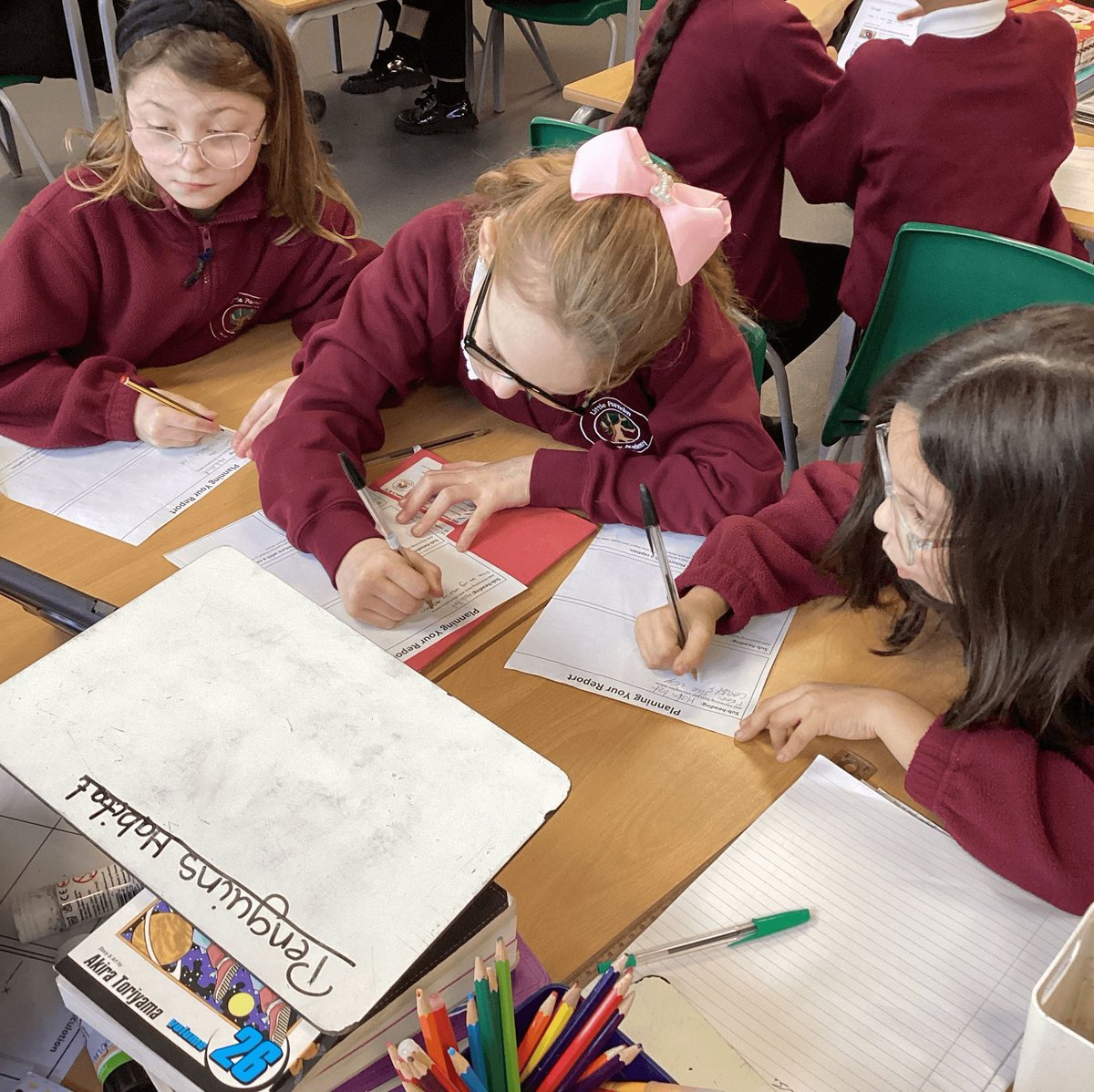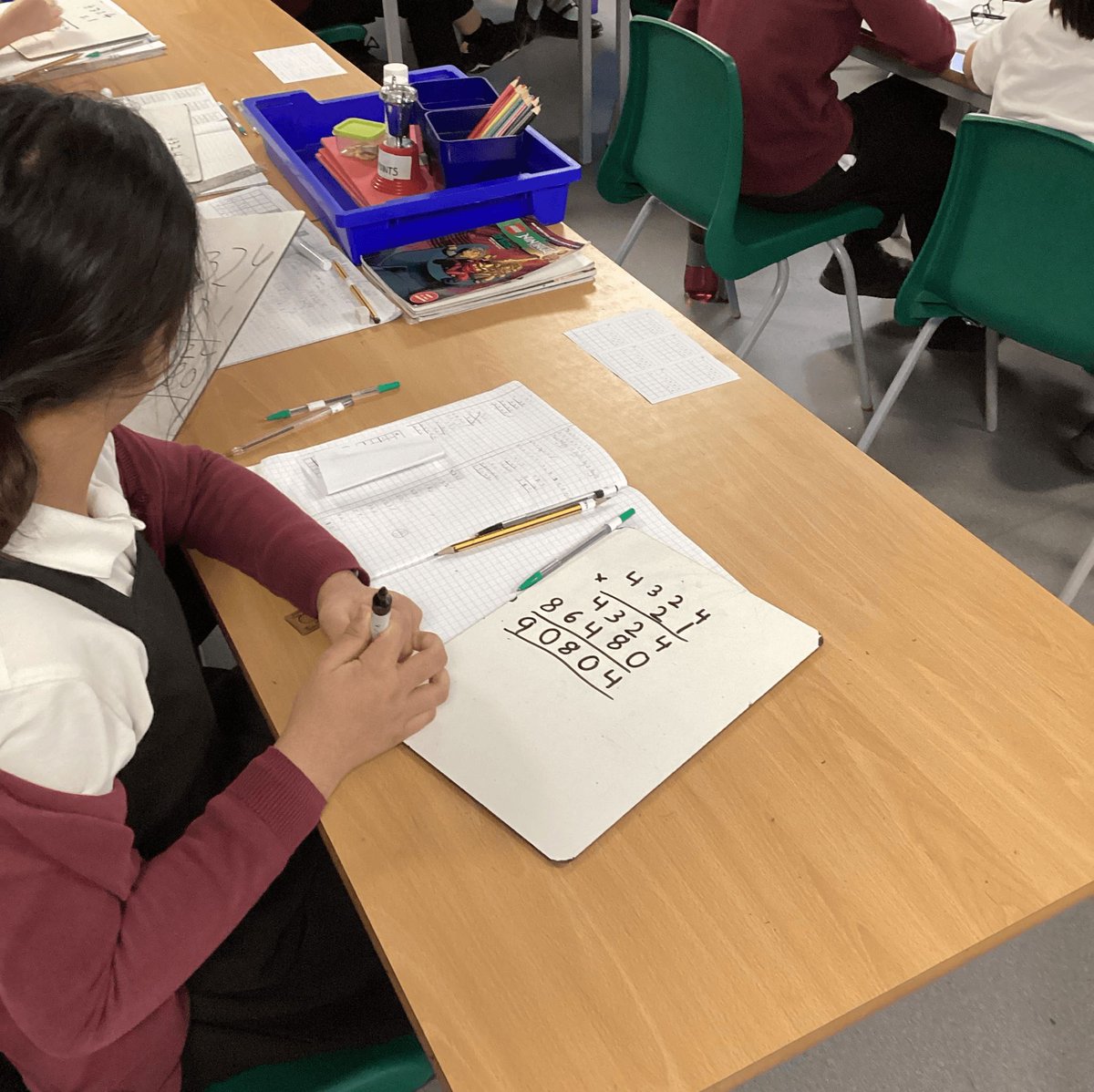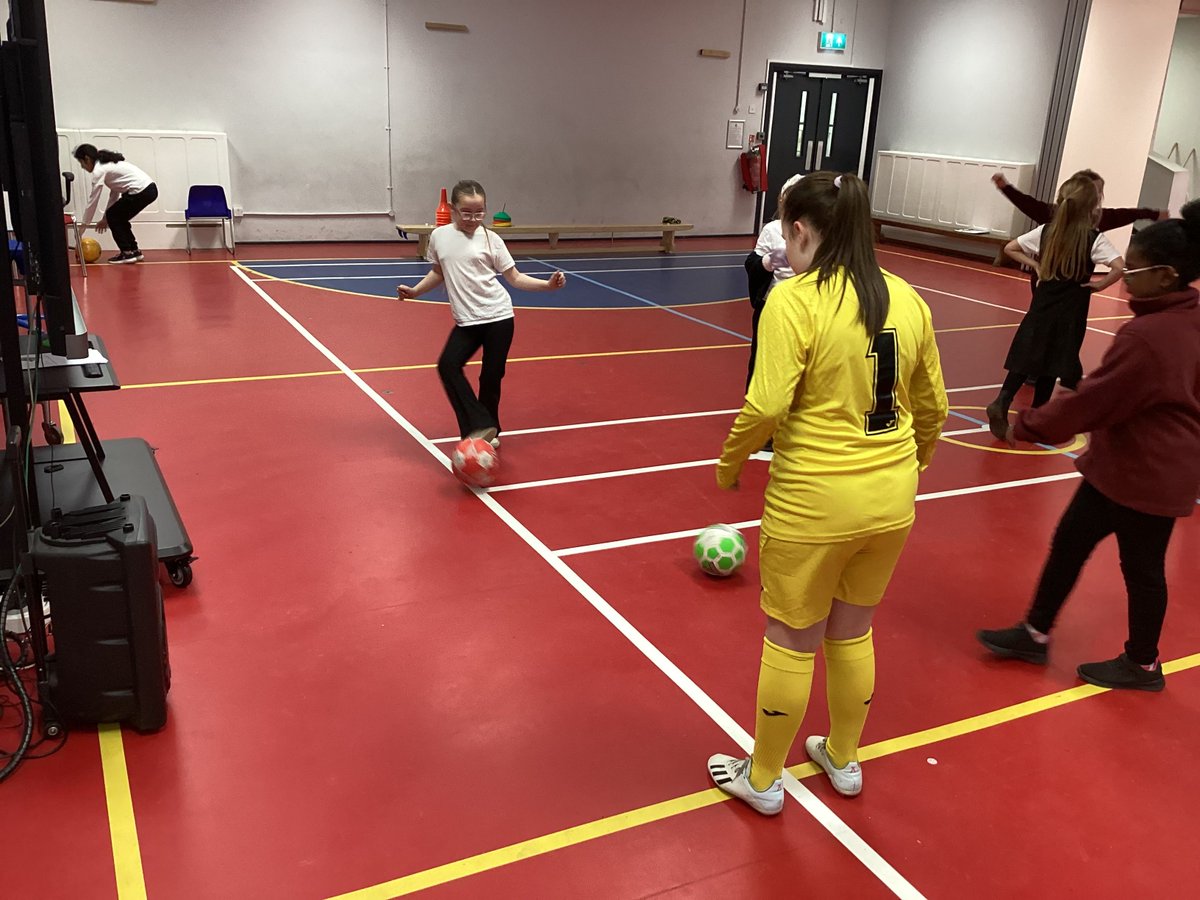Teaching and Learning
At Little Parndon Primary Academy, our aim is to provide the best possible opportunities for student achievement, progress, and learning. We believe that promoting excellence in learning allows students to grow as individuals and make positive contributions to their communities. High-quality teaching, learning, and assessment in the classroom are critical to student success and achievement. Therefore, we place significant emphasis on teachers taking active responsibility for their own professional development.
Our teachers are encouraged to develop their practice by engaging with current research and incorporating innovative and creative techniques. This ensures our students receive stimulating learning experiences and develop the knowledge, attitudes, skills, and habits they need for success in their lives.
We ensure teachers have the skills and the environment to be able to excel their teaching practice for the benefit of our children. We have developed a set of research-driven teaching and learning principles that highlight the features of outstanding practice, informed by the latest educational research and our teaching and learning philosophy.
Teaching & Learning Principles
Our mission "to shape futures through education” is realised through a quality education that develops students' high aspirations, metacognitive skills, effective feedback, and engagement. We support student progress and success while promoting literacy and oracy development across all phases of learning from Early Years Foundation Stage (EYFS) to Key Stage 2 (KS2).
1. Subject Expertise and Sequencing:
At Little Parndon, teachers possess curriculum expertise to deliver accurate instruction. They design lessons in a logical sequence, ensuring topics build upon prior learning and interweave related concepts. This approach promotes deeper understanding and facilitates future learning.
2. High Expectations and Inclusive Education:
We set high expectations for all students, fostering a culture of excellence and achievement. Our inclusive and diverse learning environment values and respects the unique contributions of each individual, promoting equitable access and success for all.
3. Stage-Appropriate Challenge and Adaptive Teaching:
Our teachers provide stage-appropriate challenges that engage and stretch students’ abilities. They employ adaptive teaching strategies, such as modelling, to support students in navigating challenges and managing cognitive load effectively.
4. Metacognitive Methods and Self-Regulated Learning:
We integrate metacognitive methods into teaching and learning practices, equipping students with strategies to monitor their thinking, set goals, plan their learning, and reflect on their progress. This fosters self-regulated learning, enhancing fluency and facilitating the retention and retrieval of knowledge.
5. Feedback and Scaffolding:
Teachers provide timely feedback to guide students’ progress and address misconceptions. They use scaffolding techniques to support learners as they develop skills and knowledge. Scaffolding optimises engagement, fosters autonomy, and empowers students to take ownership of their learning journey.
Collaboration and Best Practices
There are countless ways in which our principles and other effective teaching and learning research can be implemented across all key phases. Through our aligned autonomy, we value choice, creativity, and individuality in teaching methods. Collaboration and sharing best practices are highly encouraged, with teachers actively supported to work together across all key phases.
When we teach, we believe we are nurturing the next generation of historians, scientists, or even Olympic gold medalists. By fostering our core values, imparting knowledge and skills, and setting high aspirations, we are equipped to help shape children's futures through education.
Please see the menu on the left-hand side of the page for more information about teaching and learning at LPA.

